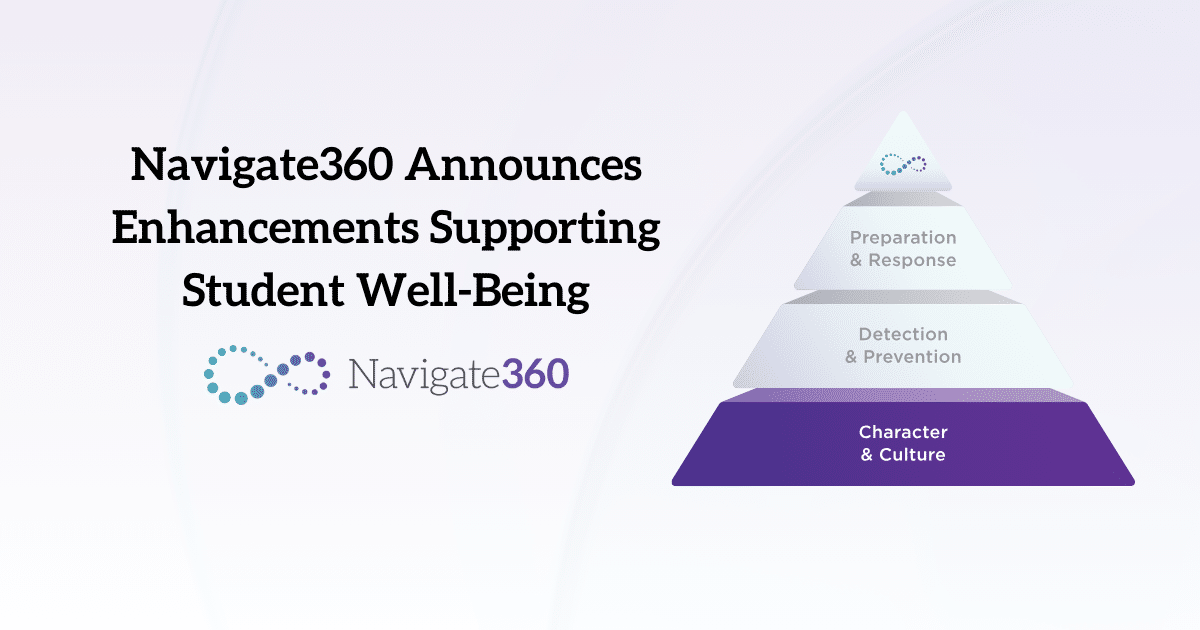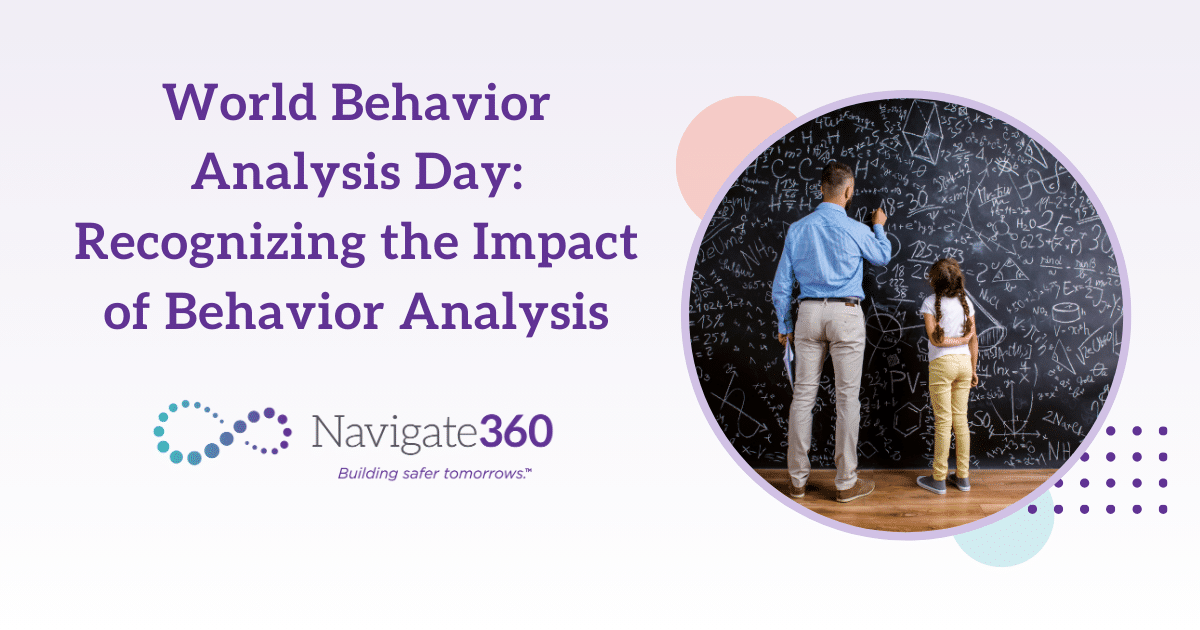Zero-tolerance policies and authoritarian means of punishment do not equip students with the necessary skills for improving relationships and mending conflict. Instead, they remove students from the learning environment and deny them the opportunity to make positive changes to their behavior. In fact, exclusionary discipline harms not only the individual but also the entire school community.
In contrast, restorative practices in schools help students to feel invested in their school community, transforming student culture and impacting discipline rates. Restorative practices can benefit all students and contribute to their success.
Benefits of Restorative Practices in Schools
Moving away from punitive forms of discipline and toward restorative practices can benefit students in many ways:
Positive relationships
Restorative practices emphasize the importance of building positive relationships between students, teachers and other members of the school community. Feeling connected with their peers and the adults in the school can help students feel supported, engaged and motivated to succeed academically.
Conflict resolution skills
A punitive approach to discipline often creates additional issues beyond the original infraction. Restorative practices in schools, however, provide students with opportunities to develop conflict resolution skills. Students learn to take responsibility for their actions, engage in dialogue and active listening and develop empathy and understanding. They also learn appropriate ways to express their feelings and needs and to engage in conflict resolution.
Improved behavior and discipline
The supportive environment created through the use of restorative practices in schools helps to reduce the number of repeat infractions by enabling students to understand and monitor their actions and reactions. This focus on addressing the underlying causes of challenging behavior empowers students to learn from their mistakes and make amends. As a proactive approach to discipline, restorative practices help to improve school climate.
Social-emotional development
Restorative interventions allow students the opportunity to express their feelings, share perspectives and develop self-awareness. This prioritization of social and emotional well-being helps to enhance emotional intelligence and helps students to develop valuable skills in self-regulation, problem-solving and decision-making.
Academic engagement and achievement
Students who feel connected, valued and supported in their school environment have a greater investment in learning and academic achievement. Restorative practices help to build a positive classroom climate, foster student motivation and participation, and create a sense of belonging to the larger school community. The timely process of addressing and resolving conflict can help to create a safe, inclusive environment conducive to academic success.
Long-term life skills
The cumulative effect of restorative practices in schools over the course of a student’s educational career impacts students long after the end of their formal education. Restorative practices help students develop critical life skills such as effective communication, problem-solving, empathy and conflict resolution. These are often referred to as “soft skills” and are valuable skills that benefit society as a whole.
Navigate360 Can Help You Implement Restorative Practices in Schools Throughout Your District
Positive school climate is critical to student success, and one element of this climate involves appropriate response to student mistakes and poor behavior.
Navigate360’s Behavior Intervention & Restorative Practices Curriculum enables students to develop proficiency in self-management and responsible decision-making. The grade-banded, tiered lessons are aligned to MTSS standards and give students the tools and strategies to modify behaviors. Students learn accountability, to think deeply about the physical and emotional aspects that play into behavior, and how to recognize their triggers. They also learn how to make meaningful, sincere apologies, make amends and repair relationships. Each lesson is designed to address specific behavior challenges and is assigned on an individual basis to help the student dig deep into the root of their behavior.
The process of education goes far beyond academics. With our restorative practices curriculum, your school or district can help students learn from their challenging behaviors, which can impact school climate, social-emotional development and academic achievement. Let Navigate360 show you how to flip the script on traditional discipline and positively impact your students!




